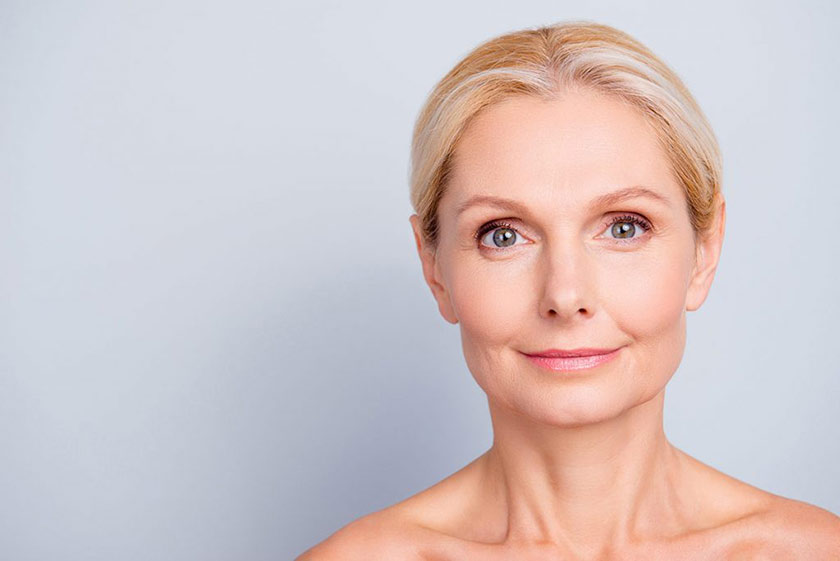
Taking Care of Your Vision After 50
Starting at the age of 40, you may have noticed that you need to use glasses to see up close. You may now have difficulty adapting your sight to the brightness or glare of the lights. It may also be difficult to distinguish between some colors. These changes in vision are normal as you age. By themselves they are no reason to prevent you from enjoying an active life. Nor do they have to affect your independence. Still, as you get older there is a increased risk of eye diseases and conditions for which you should have an annual eye exam to prevent, detect and if necessary seek treatment for. The most common eye diseases and conditions are:
Age-related macular degeneration: this is a common disease in people over 60 years old. AMD causes gradual damage to the macula. The macula is the part of the eye responsible central vision. It also helps us to see the small details of things.
- Cataract: this occurs when the lens of the eye, becomes cloudy and affects vision. Cataracts are common in older people and in people with diabetes. Loss of vision from cataracts may be corrected by surgery. However there are some people who never they need surgery. Some people may also delay surgery for several years.
- Diabetic retinopathy: this is a disease that causes loss of vision and blindness. Diabetes damages small blood vessels in the retina. If detected at an early stage, the progression may be slowed. Your eye doctor may recommend that you control your glucose (“sugar”) in your blood, blood pressure and cholesterol. If the disease is very advanced, you may need treatment.
- Glaucoma: this is a group of diseases that can occur when fluid flowing into the eye accumulates. The liquid causes pressure on the eye and damages the optic nerve. At first, glaucoma usually occurs without symptoms. Your eye doctor may prescribe eye drops or pills to control glaucoma. Another option to decrease the eye pressure is laser surgery. When drops or surgery with lasers they doesn’t control the pressure, there are other types of surgery that may help. Glaucoma can’t be cured, but it can be controlled.
- Dry eye: this occurs when the eye does not produce enough tears or when the tears dry very quickly. Dry eye may occur at any age or with the use of certain medicines. There are some things what you can do to improve dry eye. Ask your ophthalmologist how you can treat this condition. If symptoms continue, go to your eye doctor to begin treatment. Just like that you can avoid permanent damage
- Low vision: if you have any eye disease related to age, you may be at greater risk of developing low vision. Low vision is a condition that cannot be corrected with glasses, contact lenses, medication or surgery. Low vision can make it difficult to read, go shopping, cooking, sewing, watching TV and writing. Fortunately, there is help. Low vision professionals and most ophthalmologists offer various services that can help you use the vision you have left. Unfortunately however, they cannot restore lost vision. With rehabilitation services, people with low vision can continue enjoying their friends, families, hobbies and others daily activities. The important thing is to know that there is help available.
If you do not have problems with vision, you should ask for a complete eye exam, especially if you are over 50 years old. Have your pupils dilated. Early detection and timely treatment can help save your vision.




